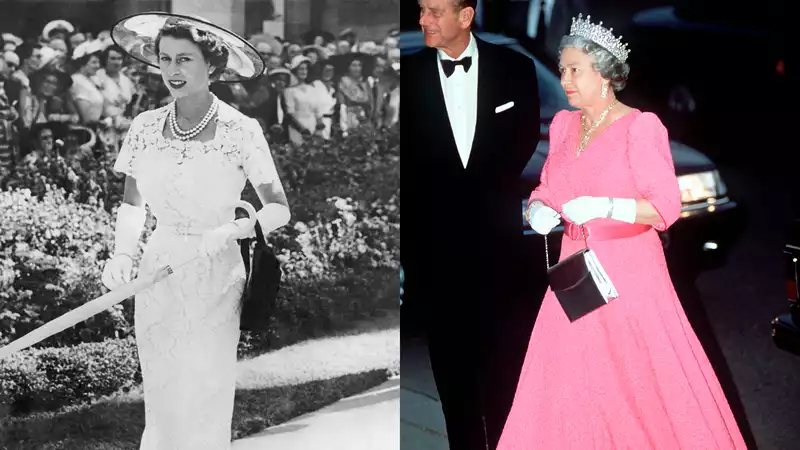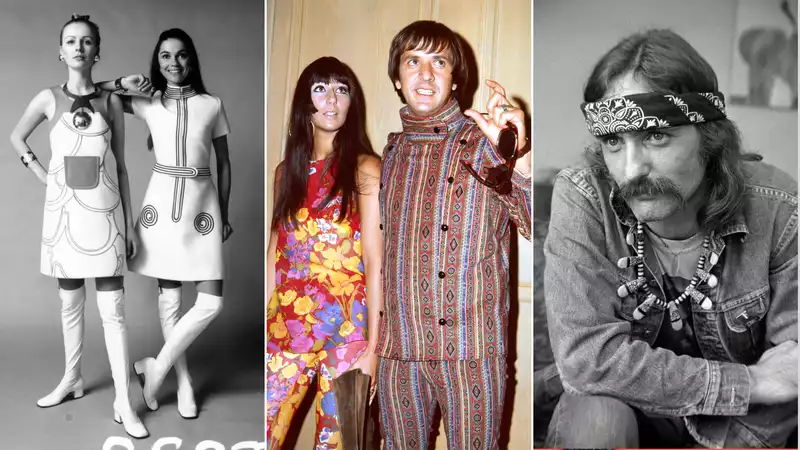Taylor Swift Removes "Fat" Scale Scene from Music Video After Backlash
Taylor Swift's new album, Midnights, has received almost universal acclaim since its release last week, but the music video for "Anti-Hero" was problematic for many fans. Swift and her team have since listened to their complaints and removed the controversial scene.
Here's what happened: In the "Anti-Hero" video, the singer's alter ego watches over her life and criticizes her. In a now-deleted scene, Swift weighs herself on a bathroom scale, and a close-up shows the word "FAT" instead of a number.
The scene alludes to Swift's own struggle with an eating disorder, which she first revealed in the documentary Miss Americana.
While viewers understood the intent behind the scene, many felt it was insensitive and reinforced an already prominent prejudice against people with marginalized bodies. The music video was later updated to a scene in which Swift simply weighs herself, with no close-up of the scale, as her alter ego looks on.
Once the video was released, many people took to social media to express their opinions about the scale scene.
Eating disorder therapist Shira Rosenbluth tweeted, "The scene in Taylor Swift's music video where she looks down at the scale that says 'fat' is a lousy way to express her body image struggles. Fat people don't need to be told again that looking like us is everyone's worst nightmare".
Having an eating disorder is no excuse for fatphobia.
"It is not difficult to say, 'Today I am struggling with my body image' instead of 'I am a fat, disgusting pig.'"
Rosenbluth's tweet received tens of thousands of "likes" and many agreed with her assertion,
while another tweeted, " I saw people defending Taylor here. It's wildly disturbing that fat people are saying it's fatphobia. Why don't we believe them?" "There are better ways to give an image to intrusive thoughts and eating disorders than a scale that measures 'fat' for skinny women."
"The scale is a good way to get a picture of what it is like to be a fat woman.
Others found the situation more nuanced. One said, "Some people think this moment in Taylor Swift's music video is fatphobic, but to me it is ...... It very clearly seems like a criticism of fatphobia," he wrote. I'm tired of people doing utterly awful media analysis attacking artists without engaging in critical thinking."
Another user felt that the scene did not reflect Swift's own views, writing, "Personally, being a large woman myself, fatphobia I don't think it's about the "I'm not a big woman," she wrote. The song is about self-hatred, intrusive thoughts, and bad habits. The "other" Taylor, the one who puts her on the "fat" scale, represents intrusive thoughts and low self-esteem/self-hatred.
Another fan wrote, "I think those who defend this as 'not fatphobic' are defending Taylor's intentions and could probably use different words. I don't doubt her intentions, but it is clear that fat people were hurt by the comments of many fat people in the anti-hero scale scene.
She also said, "Let's say something controversial. Taylor's removal of the word "fat" from the music video does not take away from the personal message behind the scale scene. Ultimately, however, it seems that removing a scene that has upset so many people can only be a good thing. The footage still makes sense even if it is not removed, and I welcome continued discussion on this important subject.






Comments